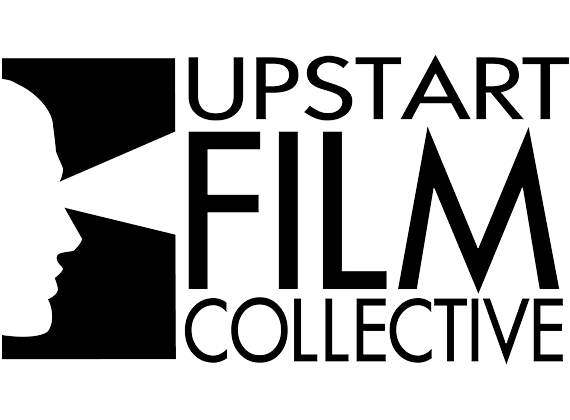Log Line
After an inexplicable tragedy results in the death of their unborn child, a pair of would-be parents take opposite journeys processing the loss as they struggle to find meaning and purpose in their lives.
“(And here lies the heart of the difference between grief as we imagine it and grief as it is) the unending absence that follows, the void, the very opposite of meaning, the relentless succession of moments during which we will confront the experience of meaninglessness itself.”
JOAN DIDION
Why now?
The primary driver in the timing of this project has been the personal journey of writer/director Jason Charnick. There’s no doubt, however, that there is currently an urgent maternity crisis in the United States of America. One in four women will lose a baby.
While improvements in medicine since the turn of the century have helped drive a significant reduction in stillbirths overall, more than 20,000 cases a year are reported domestically. Furthermore, maternal mortality rates since the Covid-19 pandemic began have risen significantly, primarily along racial and socioeconomic lines. This national emergency has revealed deep-seated inequities in access to quality prenatal care for soon-to-be parents that simply demands action.
Combined with the continued assault on women’s reproductive rights in the U.S., the time is right for a deeply personal story to help ground the national conversation, and inject some humanity back into what is one of the most pressing and consequential human issues of our time.
Synopsis
Doug and Shelley Hensley are a happily married couple in L.A. expecting their first child. On a routine obstetrician visit, they receive the devastating news that their daughter no longer has a heartbeat. Forced to endure the stillbirth of their first child, Doug and Shelley embark on conflicting journeys of grief and healing as they slowly drift apart.
Doug lets his mounting anger shatter every relationship he has. He becomes estranged from his brother Zach, a small-time comic, leaving him unable to maintain a relationship with his young niece, Amy. Shelley meanwhile finds support from Laurie Samuels, a popular online figure in the infertility and baby loss community. Laurie, with her own story of loss, encourages her to start a foundation for similarly suffering families. Shelley bristles at the idea, but promises to consider it.
Doug is unable to function at work and with Shelley uncomfortable around children in large crowds, the couple take a intimate train voyage to Seattle to visit Doug’s parents and reset their relationship. When that fails miserably, Doug’s outbursts become increasingly violent, leading to his incarceration after nearly killing a home intruder. Left with a permanent disability from the incident, Doug descends a lonely, self-destructive spiral, while Shelley returns to her childhood home in Massachusetts to spend some time with her mother.
With Laurie’s help, Shelley finally decides to start a foundation dedicated to her daughter and supporting others experiencing all forms of pregnancy and infant loss. Using humor to inject himself back into his brother’s life, Zach eventually gets Doug to confront the depths of his despair.
Sharing one final moment together before her first large-scale foundation event, Doug possibly finds a path toward peace while Shelley continues to flourish with her newfound purpose in life.
Director's Statement
I can’t tell you how difficult the development of this project has been. Each step an unfathomable journey in and of itself. Every keystroke, every Google search, even something as innocuous as a free web site trial, brings me back to that day in 2017, a gloomy June day much like today as I write this. A week earlier, they were having trouble finding her heartbeat, she had gotten turned away from the ultrasound. But on that day they couldn’t find one at all, and life as we knew it evaporated in an instant.
That was only a few months before the world premiere of my first feature Getting Over at SXSW 2018. In the interim, the path to peace has been anything but straight. I knew I needed to tell this story of a club no one wants to join, and I knew it would be an important aspect of my healing process. And another personal documentary was out of the question.
It took me 6 years to start, 6 months to write, and the loss of my maternal uncle to give me the perspective necessary to finish. I am beyond grateful to all those who have supported me to this point. After a ton of anxiety and anguish, I’m delighted, and a little nervous, to share the next stage in the evolution of The Absence is Always Present. For Shelby.
Production Timeline
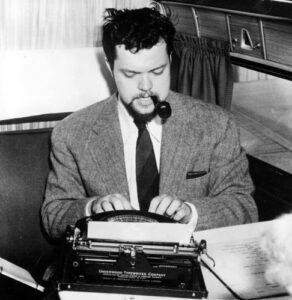
INCEPTION
Work on story structure, character development and complete first draft of feature length script.
June 2023 – December 2023
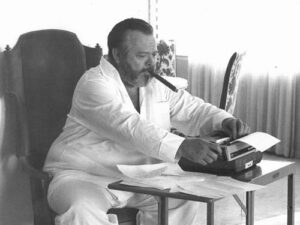
DEVELOPMENT
Make the script shine! Relaunch new web site. Apply for grants and fiscal sponsorships.
January 2025 (ongoing)
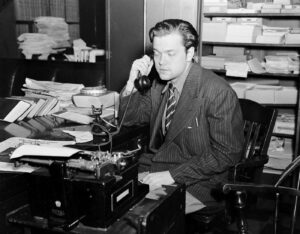
PARTNERSHIPS
Extend outreach in the infertility and baby loss community. Work with non-profit organizations to increase project visibility. Find investors and donors. Raise funds.
February 2025 (ongoing)
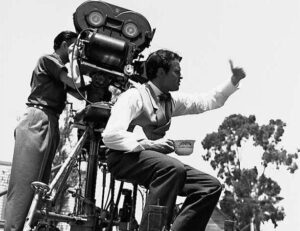
PRE-PRODUCTION
Continue outreach and fundraising. Start crowdfunding campaign, begin casting process, attach cast and crew.
Q4 2025
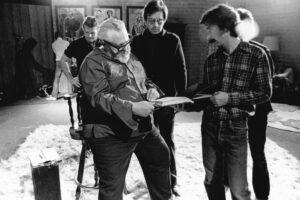
FEATURE PRODUCTION
Roll cameras and ACTION!
Q1 2026
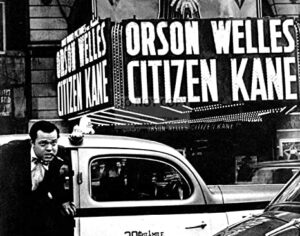
WORLD PREMIERE
Complete post production, apply to film festivals with an eye toward a world premiere in Q1 2027.
Q3 – Q4 2026

